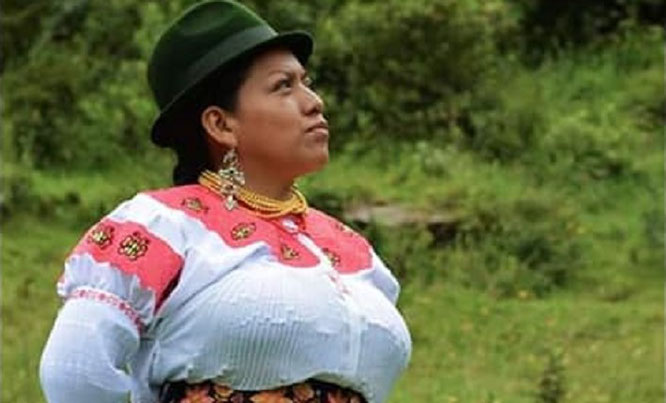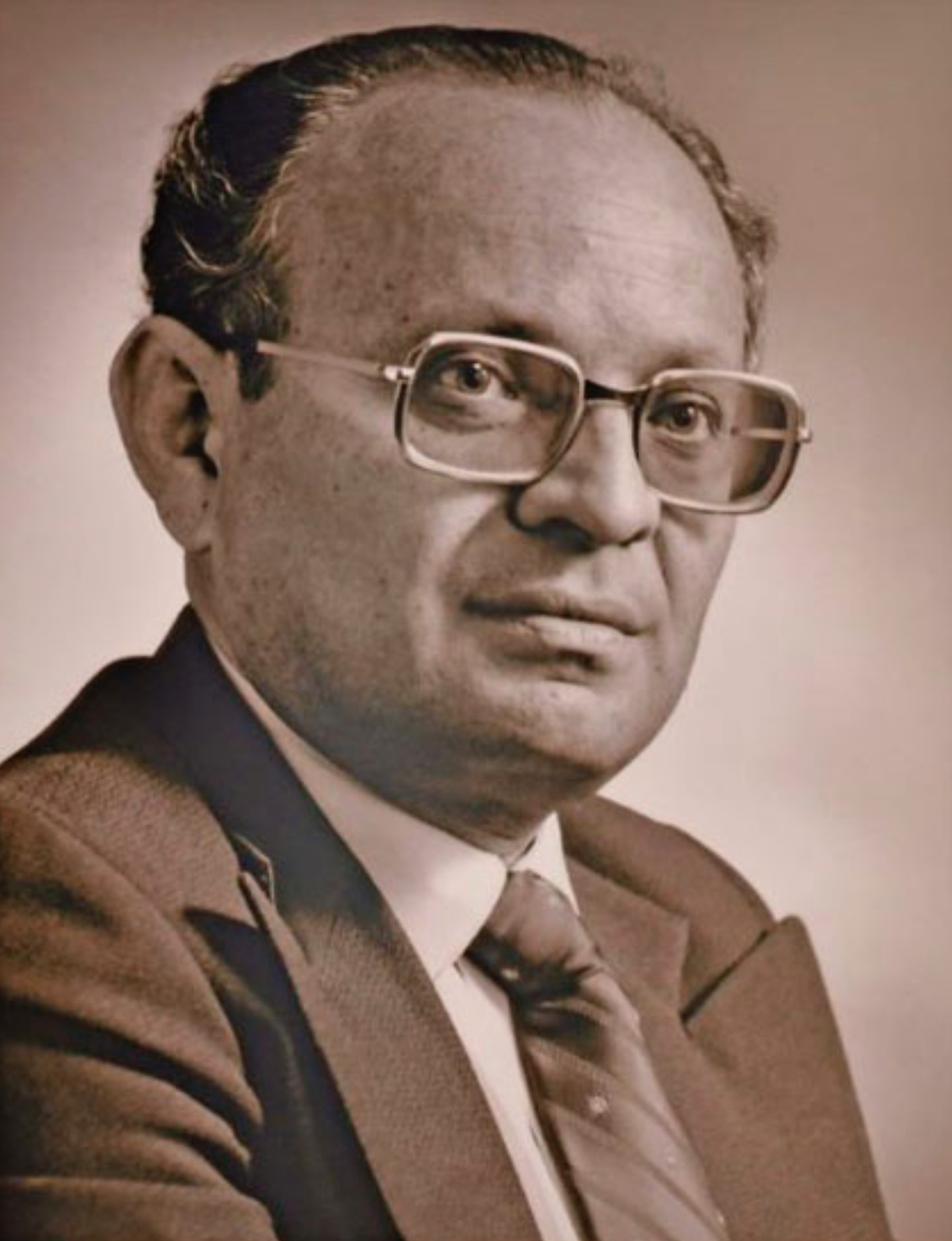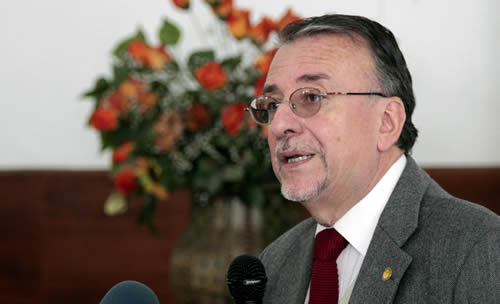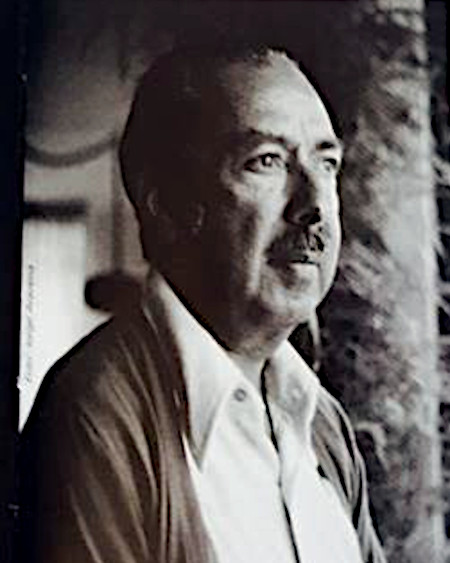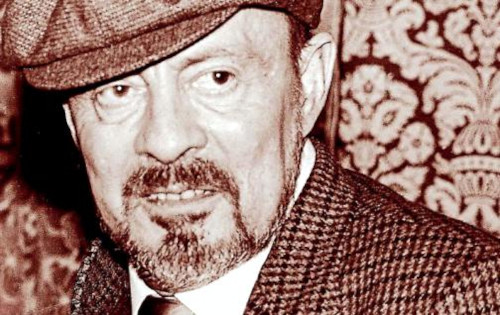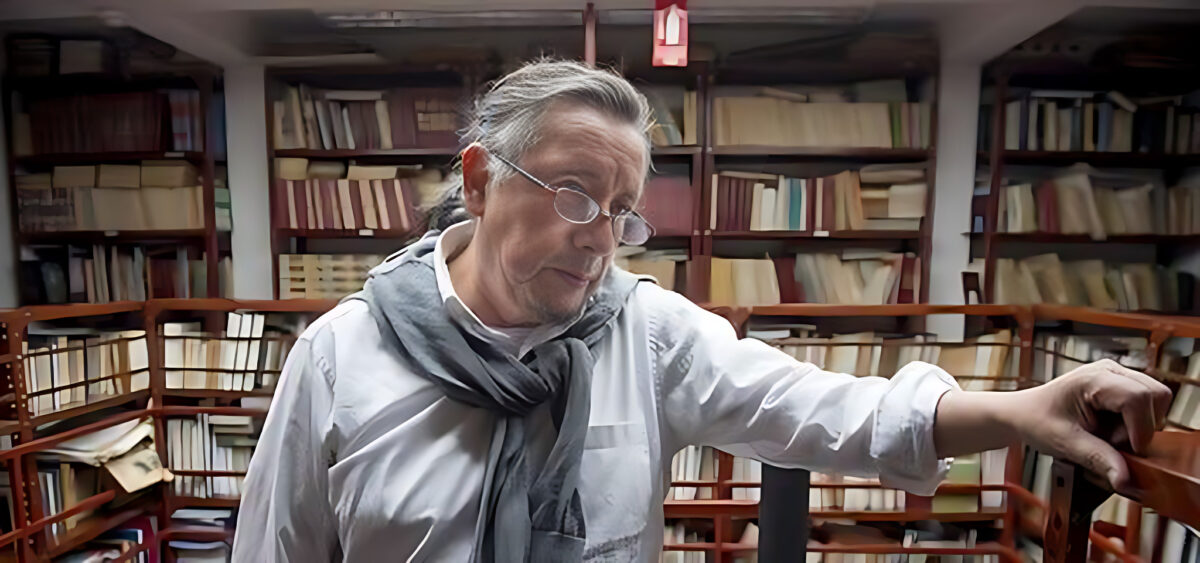Pastora Alomía de Guerrero (born Pastora Alomía Delgado, 1835 – May 21, 1919) was a poet from Ibarra, Imbabura, Ecuador, celebrated for her lyrical tenderness, harmony, and vivid imagery. After marrying in 1853, she began signing her work as Pastora Alomía de Guerrero or Pastora Alomía Guerrero. Recognized by the press in her time for her poetic talent, she was also a respected figure in her community. Though her poetic output diminished later in life, she left behind a notable body of work, including titles such as Un recuerdo a Pasto (1883), Desahogos y recuerdos (1894), and Una lágrima (1912). Her poems were featured in major Ecuadorian anthologies, such as Parnaso ecuatoriano (1879), where her piece “A María” was included. She died on May 21, 1919, at approximately 84 years of age; while some accounts suggest she may have passed away in Colombia, this has not been definitively confirmed.
Continue reading “Pastora Alomía de Guerrero”Category: Writers from Ibarra
Writers from Ibarra, Ecuador. Includes biographies, bibliographies, interviews, articles, stories, and much more.
Luis F. Madera
Luis Francisco Madera Negrete (Ibarra, Ecuador, February 25, 1883 – Quito, Ecuador, November 23, 1987) was a chronicler, poet, historian, and jurist who served as President of the Supreme Court of Ecuador in 1952. Known for his clarity of expression and dedication to documenting the history of his hometown, Ibarra, he authored works such as Impresiones (1919), a book of poetry, and Ibarra y el terremoto de 1868 (1918), a detailed account of the city’s recovery from the 1868 earthquake. His historical writings preserved key aspects of Ecuadorian culture and journalism, including Periódicos ibarreños (1927), which chronicled 47 local newspapers. A devoted chronicler, his legacy endures as a vital contributor to Ecuador’s cultural and historical record.
Continue reading “Luis F. Madera”María Alejandra Almeida
María Alejandra Almeida Albuja (Ibarra, Ecuador, February 16, 1992) is an Ecuadorian author and lawyer known for her contributions to children’s and young adult literature. She began her writing career at age 11 with her first published story, and has since authored numerous acclaimed books, including La habitación secreta (2014), La esfera dorada (2017), and El pez más feo del mundo (2020), many of which have received prestigious awards like the Premio Nacional Darío Guevara Mayorga. In addition to her literary work, Almeida holds a law degree from the Pontificia Universidad Católica del Ecuador and a postgraduate degree in public policy research from FLACSO, balancing her time between human rights advocacy and writing.
Continue reading “María Alejandra Almeida”Vicente Robalino
Dr. Vicente Robalino (Ibarra, 1960) is an Ecuadorian poet, essayist, and educator known for his extensive work in literature and academia. With advanced degrees from UNAM and PUCE, he has authored several books of poetry and essays, contributing significantly to Ecuador’s literary scene. As a professor at PUCE and a guest lecturer at Universidad Andina Simón Bolívar, Robalino has played a crucial role in shaping the appreciation and understanding of Latin American literature among students and peers.
Continue reading “Vicente Robalino”Juliana Espinosa R.
Juliana Espinosa R. (Ibarra, 1986) is an Ecuadorian writer and social communicator. Her literary debut novel “Las Manos de Alondra” (2017) remains her only published work to date. The story revolves around a young girl who confronts the profound loss of her mother and sets off on a transformative journey of self-discovery. Espinosa skillfully explores themes of family, love, resilience, and personal growth, captivating readers with her sincere and engaging narrative. “Las Manos de Alondra” serves as a testament to Espinosa’s potential as a distinct and promising author.
Continue reading “Juliana Espinosa R.”Gladys Potosí Chuquín
Gladys Potosí Chuquín (Angochagua, Imbabura, February 17, 1981) is an Ecuadorian poet and activist who is a member of the Kichwa-Karanki indigenous community. Like the Otavalo, the Natabuela, and the Puruhá, the Karanki are a pre-Inca tribe who adopted the Kichwa language (Quechua) as a result of Incan influence. However, the Iberian invasion that followed the Inca one eventually imposed Spanish as the main language in the Andean area where she is from. She stopped writing in Spanish so that she could find her voice in Kichwa (Quechua), and her poetry serves as a witness to or reflection of the changes that have occurred among her people and herself. She has represented Ecuador at various literature festivals in and outside of Ecuador.
Continue reading “Gladys Potosí Chuquín”César Dávila Torres
César Dávila Torres (Ibarra, 1932 – 2013) was an Ecuadorian poet, writer, lawyer, jurist, and university professor. He is cosidered one of the most notable writers of his generation. In 1955, he published his first poetry book, “Los hijos de la tierra.” In 1969, a collection of his poems was published in “Poesía junta” (a new edition was published in 2018 by the House of Ecuadorian Culture in Imbabura). In 2018, Dávila’s family gave the Aurelio Espinosa Polit Ecuadorian Library (BEAEP) around 7,500 books belonging to Dávila’s library, in addition to some of his personal belongings.
Continue reading “César Dávila Torres “Enrique Ayala Mora
Enrique Ayala Mora (Ibarra, November 13, 1950) is an Ecuadorian historian, essayist, editor, university professor and politician. He works as a professor at the Central University of Ecuador and the Simón Bolívar Andean University. He was a deputy of Ecuador, vice president of the National Congress and member of the Constituent Assembly (1997-1998). He is currently the President of the Ecuadorian Socialist Party. As an editor and writer, he has published over 30 works on history and politics.
Continue reading “Enrique Ayala Mora”Edmundo Ribadeneira Meneses
Edmundo Ribadeneira Meneses (Ibarra, November 2, 1920 – February 14, 2004) was an Ecuadorian writer and university professor. He was the president of the House of Ecuadorian Culture from 1979-1988. In 1988 the president of Ecuador conferred on Ribadeneira the Eugenio Espejo Award for his lifetime of contribution to the national culture.
Continue reading “Edmundo Ribadeneira Meneses”Agustin Cueva
Agustin Cueva Davila (Ibarra, September 23, 1937 – Quito, May 1, 1992) was an Ecuadorian writer, literary critic, and marxist sociologist. He was awarded the Eugenio Espejo Prize in Science in 1991, by the President of Ecuador. Some of his works have been translated into other languages, such as English, Japanese and Korean.
Continue reading “Agustin Cueva”Huilo Ruales
Huilo Ruales Hualca (Ibarra, Ecuador, March 25, 1947) is a prominent Ecuadorian writer whose work spans multiple genres, including novels, short stories, poetry, theater, and chronicles. Known for his exploration of marginalized characters and social outcasts, Ruales’ gritty and poetic prose has garnered significant recognition, including the Premio Joaquín Gallegos Lara (1989) and the Premio Aurelio Espinosa Pólit (1994). His writing has been translated into several languages, and he currently resides in Paris, France.
Continue reading “Huilo Ruales”


